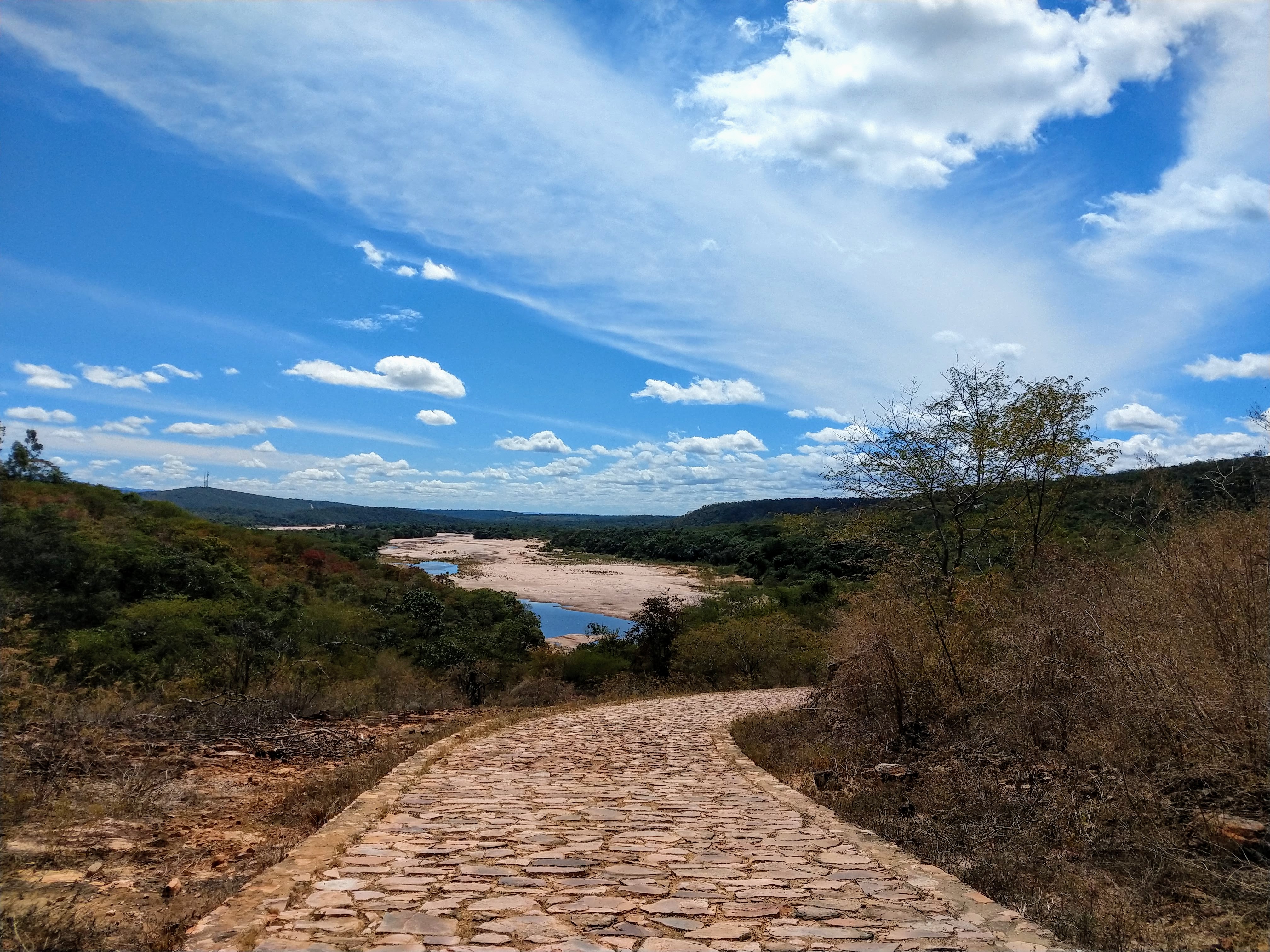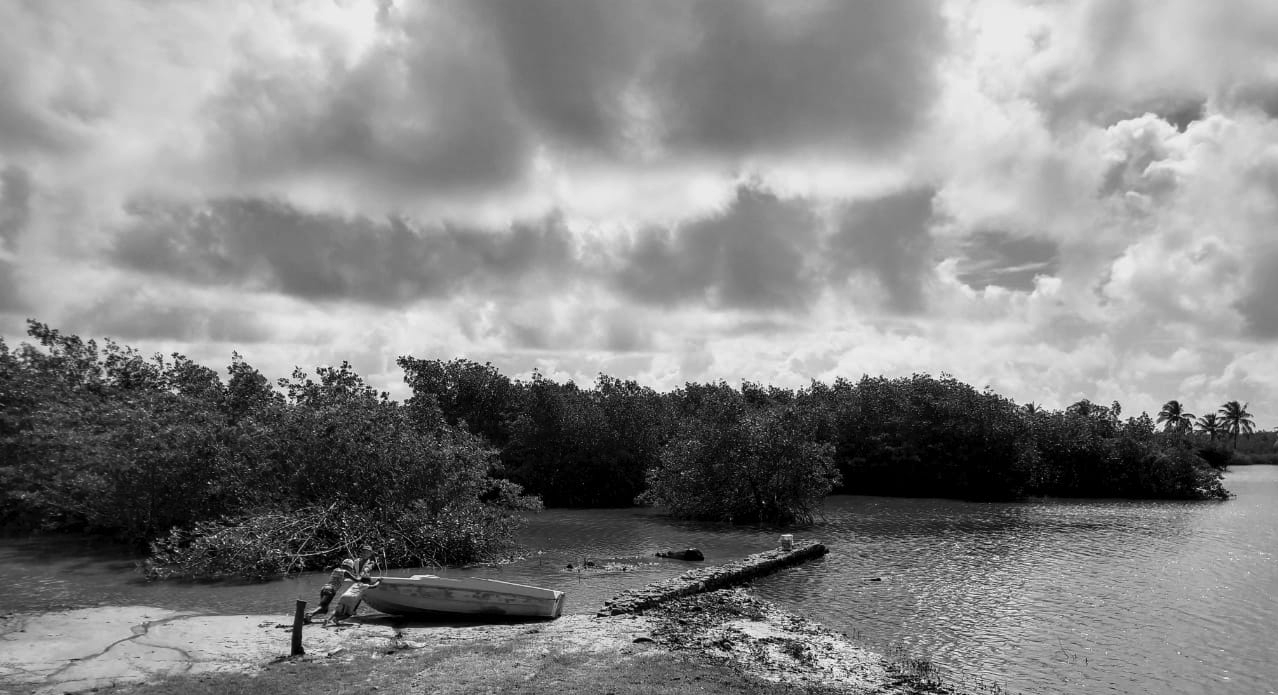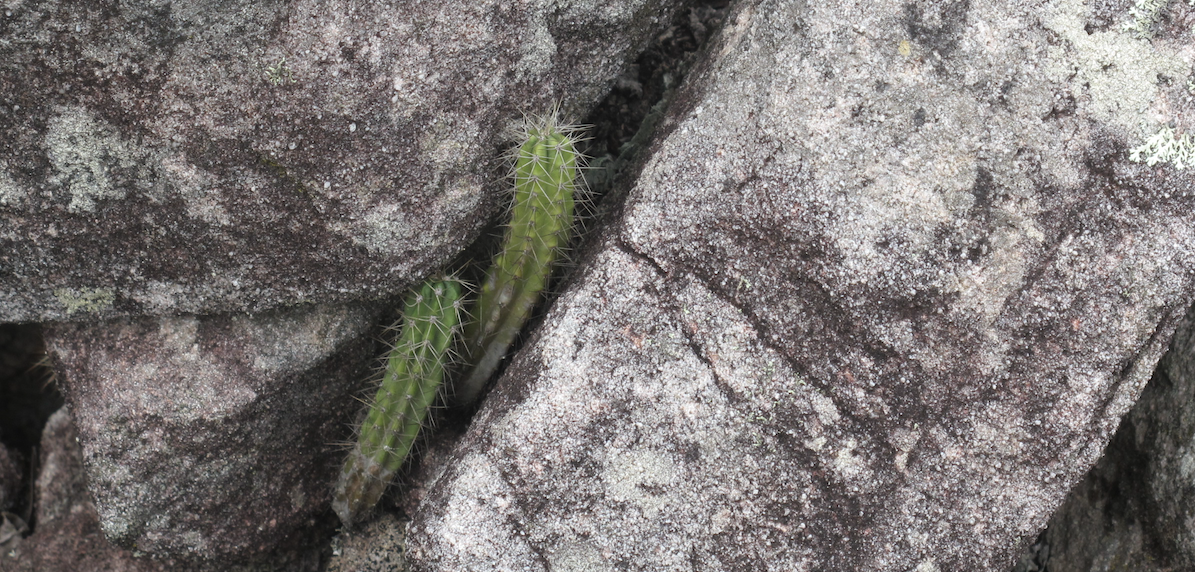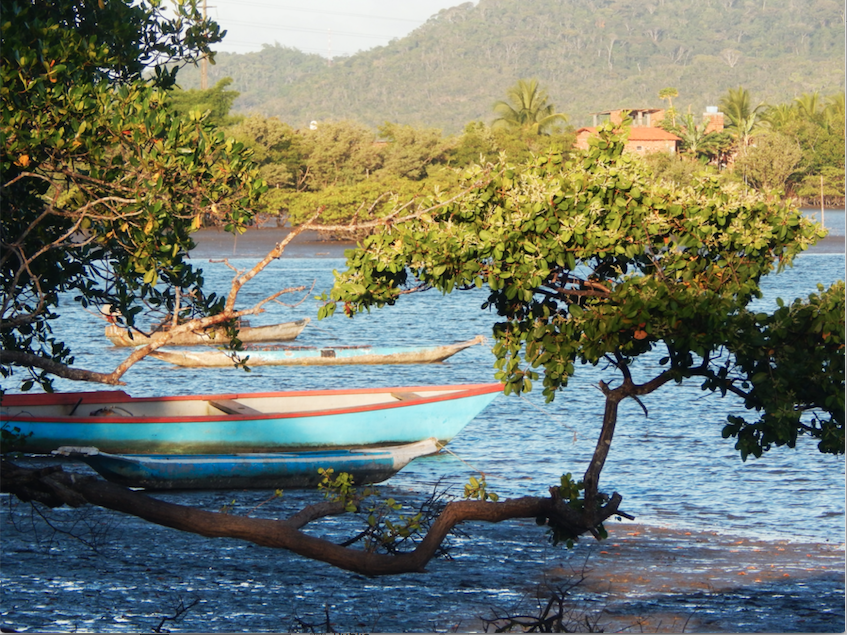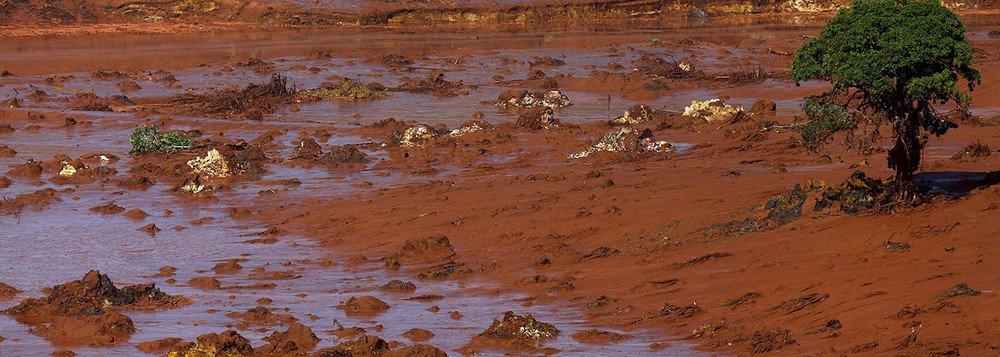Environmental crime from the perspective of the economic theory
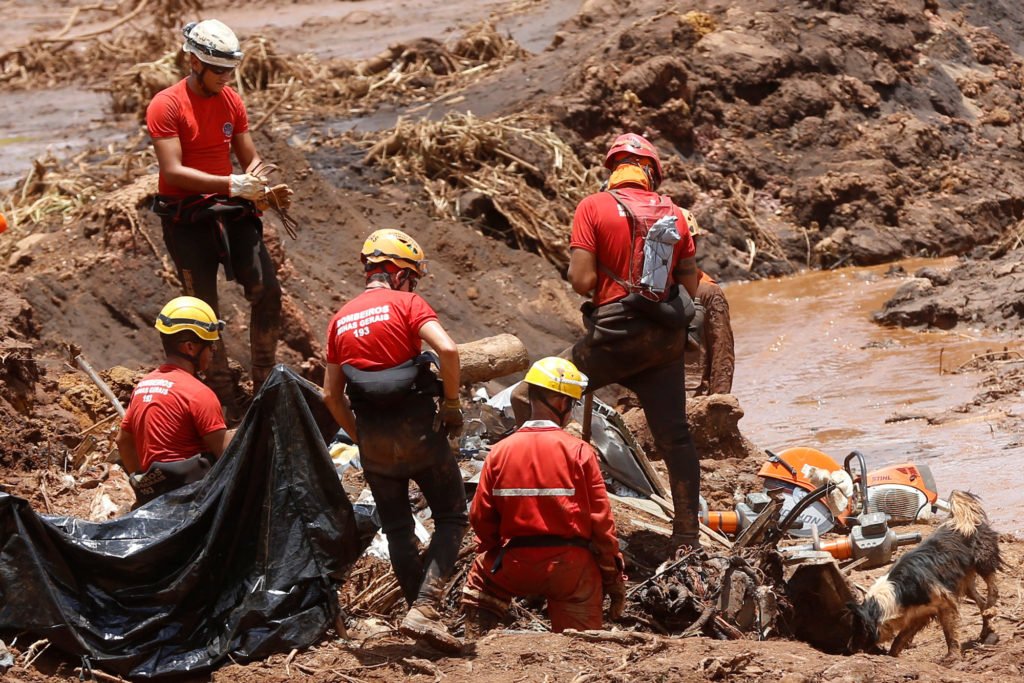
With the increasingly evident impacts caused by climate change and also by direct human action, environmental damage and/or crimes have become commonplace. In this sense, Economics allows us to analyze the phenomenon from a different perspective through the Economic Theory of Crime by Gary Becker (1968) ¹ considering that the practice of environmental crime can occur from a rational decision of the agent when weighing costs and benefits.
Becker (1968) considers criminal activity as a branch of the economy. Agents, whether these individuals, institutions, or companies, decide between committing the crime or not when considering that the benefits exceed the costs of the action. The gains can be monetary or by a perception of increased utility or agent satisfaction, so environmental crime can be analyzed from this perspective, considering an analysis of cost versus benefit through what is established as crime or environmental damage by current legislation. The cost would include punishment, probability of being identified and punished, and/or possible direct or indirect sanctions.


